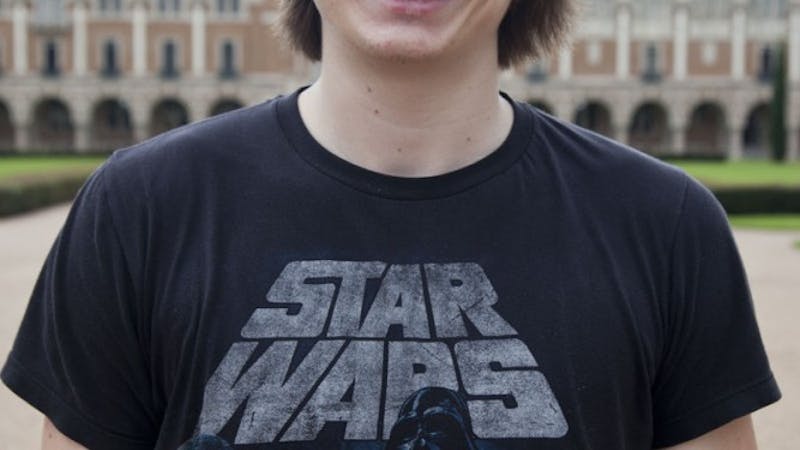SA to release mandatory survey
A new, mandatory survey for all Rice University undergraduate and graduate students will be released through email by the end of this week. A hold will be placed on registration until it is completed, according to John Cornwell, the associate vice president of the Office of Institutional Effectiveness.Cornwell said the purpose of the new survey is to collect much-needed information for the university in a more convenient and streamlined way. The survey will average 15 minutes or less to complete and is designed to be highly specific.“We don’t want to bother students with questions that are not relevant to them,” Cornwell said. “Questions in the survey will be divided into sections specific to various student subpopulations — first-year freshmen, transfer students, international students, athletes, etc. The survey is actually going to be a lot bigger in terms of data collected, but what the students get should be tailored to what we need to know from them. If a question doesn't apply to you, you won’t see it.”According to Cornwell, the survey is a collaboration among various administrative groups on campus and the Student Association. It will include questions on academic interests and major declaration, dropping courses after the add/drop deadline, new student transition, internship and research experiences, and extracurricular interests.“Our approach was to keep the survey fairly short — because we know that’s important — and to collect information that we really need and that will be used,” Cornwell said. “We want to know what we should be putting our energy behind in terms of what students can do here at Rice. With the survey scheduled earlier in the semester, we’ll have results out before the semester is over, so if there are issues we need to act upon we’ll be able to deal with it a lot faster.”In the long term, the survey will be conducted twice a year, and the data will be used to identify trends to improve student life and maintain standards, according to the Office of Institutional Effectiveness. The spring semester survey will include more questions about student satisfaction with the variety of services and resources on campus.“By that time, students will have experienced more and developed more informed opinions,” Cornwell said. “The time boundary means that we can ask appropriate questions in the spring that wouldn’t make sense to ask in the fall and vice versa.”“We should be creating a culture here where students want to give feedback because they’re intrinsically motivated to help the university become a better place,” Cornwell said. “There’s a reverse obligation from the university to do something with that information. The bottom line is that with this new survey, we’re trying to be convenient, we’re trying to honor the students and we want students to expect something out of it.”Brian Baran, a Duncan College senior, said he hoped questions would be asked in a way so that legitimate conclusions could be drawn from the data produced.“The last big survey I remember was the add/drop survey, which I found quite problematic,” Baran said. “Many of the questions were biased, the data did not support the conclusions drawn by the Committee on the Undergraduate Curriculum, and most of the results were never made public. If the all-student survey can avoid these issues, I think it can be a positive development for the community.”Surveys attempted by the SA in the past have been limited by the lack of student response, according to SA Treasurer Joan Liu.“I think the mandatory nature of the survey is a good effort towards collecting information more representative of the entire student body,” Liu, a Jones College sophomore, said. “I’m confident that however the survey is executed will be in the best interest of the student.”


